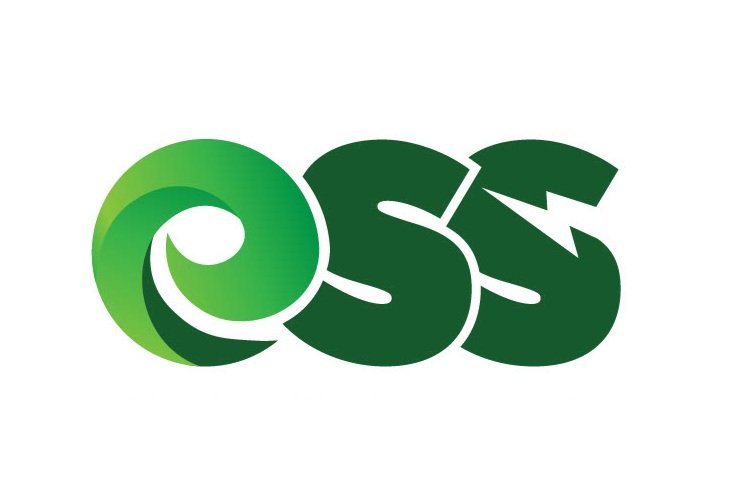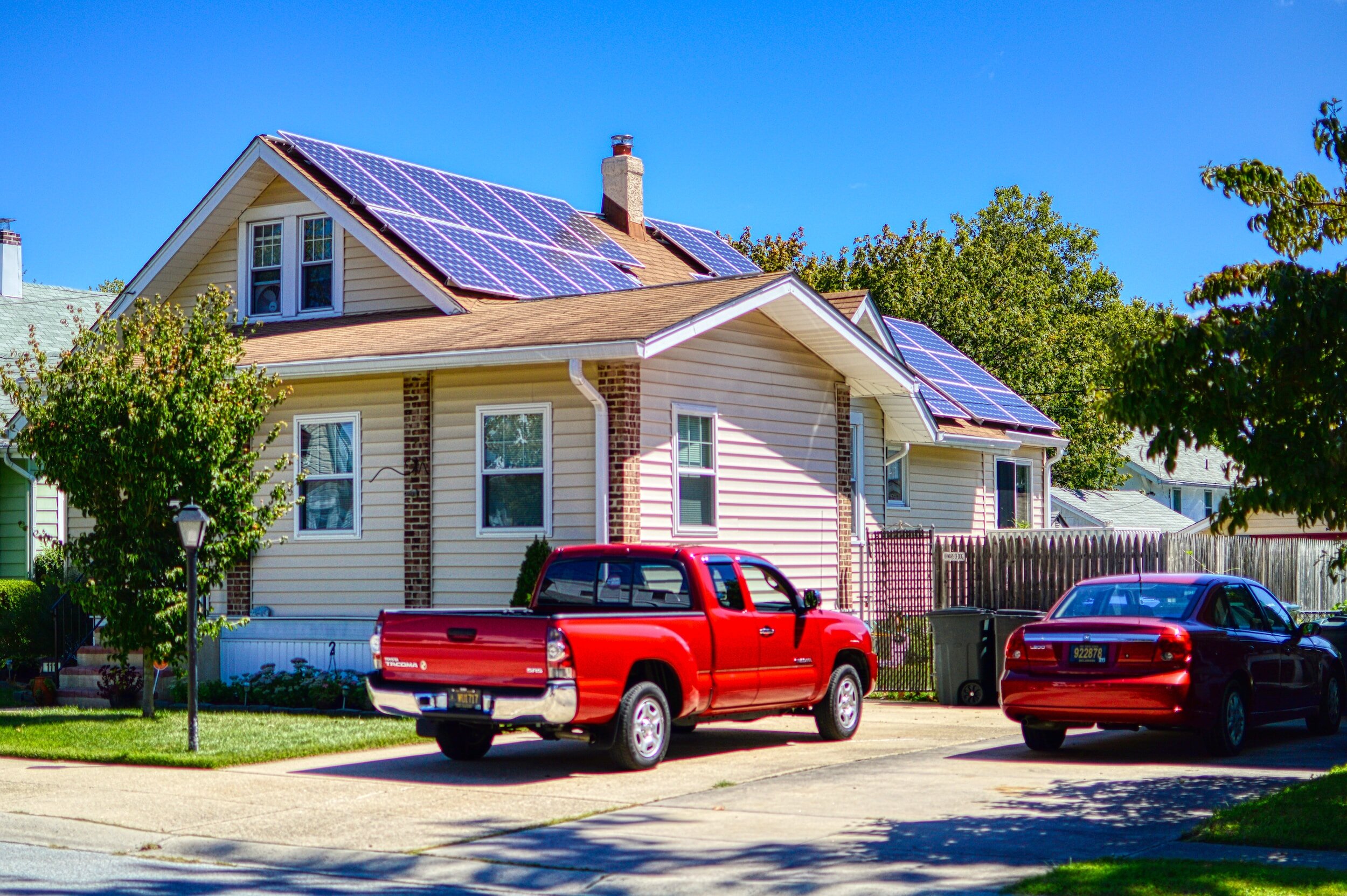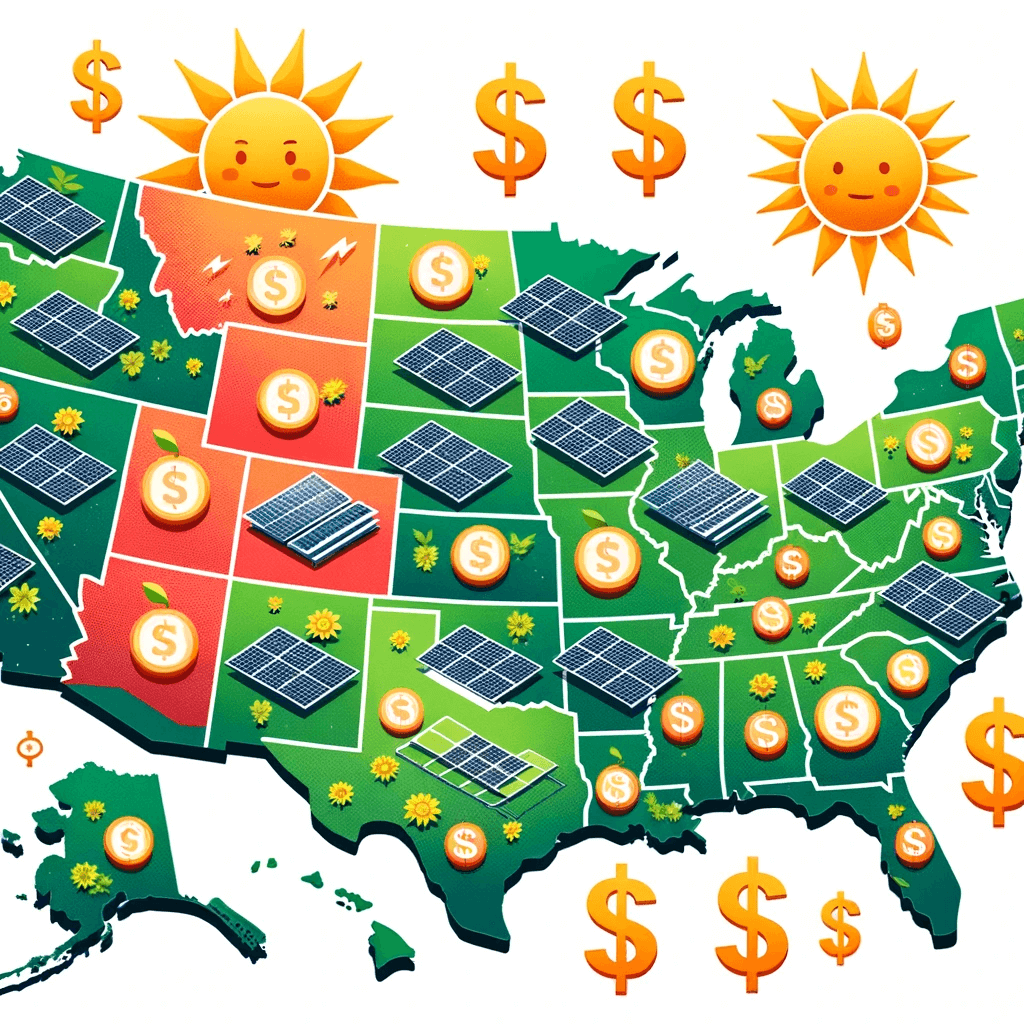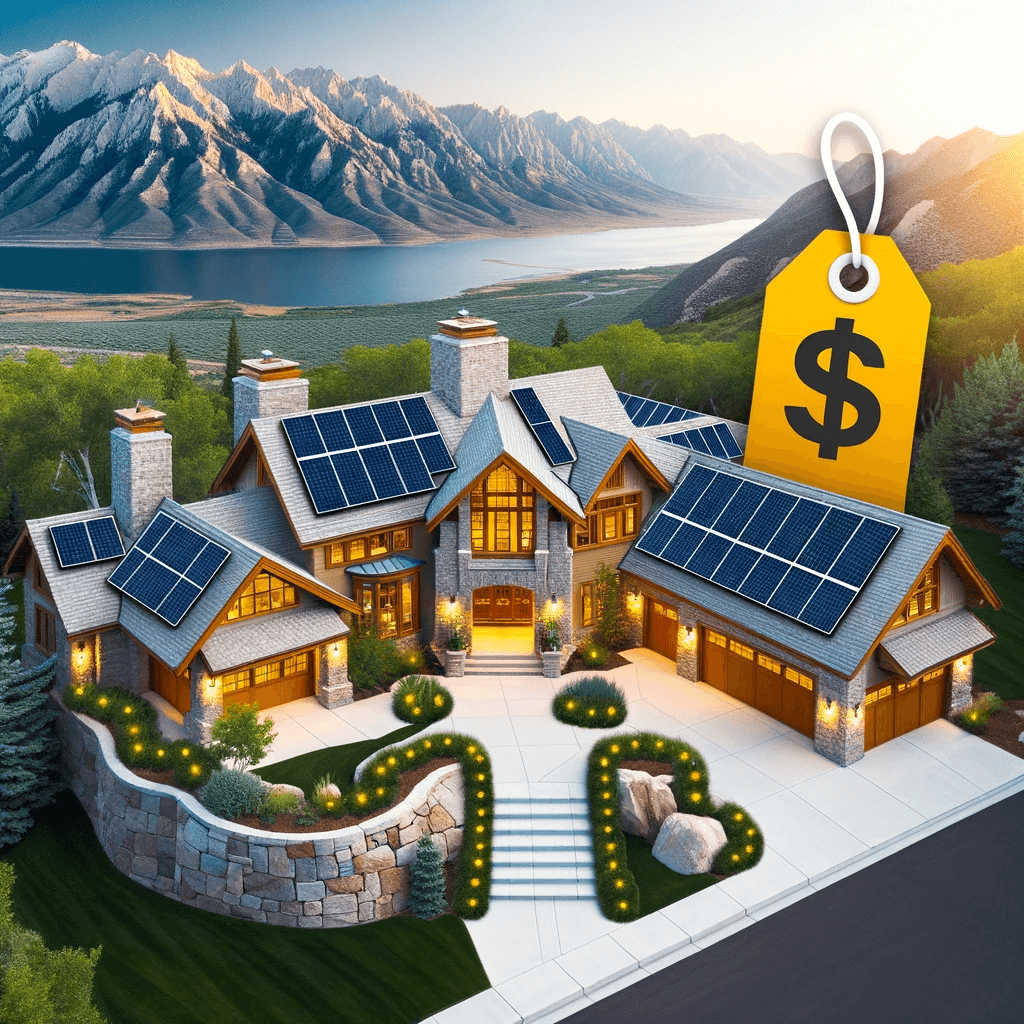Leasing Solar Panels: Pros and Cons
Introduction
Leasing solar panels has become a popular option for homeowners interested in renewable energy without the upfront costs. However, like any financial decision, it has its pros and cons. This article explores both sides to help you make an informed choice.
What is Solar Panel Leasing?
Solar leasing involves an agreement with a solar leasing company allowing you to "rent" a solar panel system for a specific period. Unlike buying solar panels, leasing eliminates the upfront costs associated with buying and installing the system. Instead, you pay a monthly fee to lease and use the solar panels.
How Does Leasing Solar Panels Work?
When you opt for a solar lease, the leasing company installs, maintains, and repairs the solar panel system. You benefit from the electricity generated by the panels while the leasing company retains ownership. The lease typically lasts 10 to 20 years, allowing you to enjoy the advantages of solar energy without the burden of ownership.
Is Leasing Right for You?
Leasing might be ideal if you're not ready for the upfront costs of purchasing or if you prefer not to worry about maintenance. However, if long-term savings are your goal, buying might be a better option.
Pros of Leasing Solar Panels:
Lower upfront costs: Leasing requires little to no initial investment, making solar energy more accessible.
Maintenance-Free: The leasing company handles maintenance and repairs, reducing your responsibility.
Predictable Payments: Fixed monthly payments simplify budgeting.
Flexibility to upgrade technology: Leasing provides the flexibility to upgrade to newer and more efficient solar panel technology at the end of the lease term.
Cons of Leasing Solar Panels:
Long-Term Cost: Over time, leasing can be more expensive than buying solar panels outright.
Limited Savings: You may save less on your energy bills compared to owning the panels.
Property Restrictions: Leasing agreements can complicate selling your home.
Potential limitations in system customization: Leased systems may restrict modifications or customizations, limiting your ability to tailor the system to your specific needs.
Key Takeaways:
Leasing solar panels can be an affordable way to access solar energy without the upfront costs.
It eliminates the need for maintenance and repairs typically handled by the leasing company.
Potential savings on electricity bills can be achieved by utilizing solar energy.
Upgrading to newer technology is possible at the end of the lease term.
However, there are limitations to the financial benefits, long-term expenses, and lack of ownership associated with leasing.
Customization options may also be restricted compared to owning a solar panel system.
Consider financial implications, available incentives, and personal preferences when deciding between buying and leasing.
Frequently Asked Questions (FAQ)
-
In some cases, it is possible to negotiate the terms of a solar lease. However, the flexibility and extent of negotiation depend on the leasing company's policies and offerings.
-
Solar leases are typically considered operating leases rather than debt because they're not classified as a liability on your balance sheet. Talk with a financial professional for specific accounting implications.
-
The credit score requirements for leasing solar panels can vary among different providers. While there is no universal minimum credit score, a higher credit score generally improves your chances of securing favorable lease terms. Some leasing companies also offer options for individuals with lower credit scores.
-
The ability to write off a solar loan, including the interest paid, depends on the tax laws of your jurisdiction. In some cases, the interest on a solar loan may be tax-deductible. It's recommended to consult with a tax professional or accountant to determine the specific tax benefits available to you.
Remember, thorough research and seeking expert advice can help you make an informed decision about leasing solar panels and pave the way for a sustainable and cost-effective transition to solar energy.
What is a Solar Power Purchase Agreement (PPA)?
A Solar Power Purchase Agreement (PPA) is similar to solar leasing. Under a PPA, a third-party provider installs and maintains the solar panels on your property. However, instead of paying a fixed monthly lease fee, you agree to purchase the electricity generated by the panels at a predetermined rate. PPAs can be an attractive option for those who prefer not to lease but still want to access solar power without the upfront investment.
Conclusion
Leasing solar panels provides a viable option for homeowners and businesses to embrace solar energy without the upfront costs and maintenance responsibilities. It offers advantages such as lower initial investment, included maintenance, and potential savings on electricity bills. Compare these benefits against the limitations of not owning the system, potential long-term expenses, and the absence of financial incentives available to solar panel owners. By considering your financial situation, long-term goals, and preferences, you can make an informed decision about whether leasing solar panels aligns with your energy needs and budget.
Remember, every situation is unique. Consult with solar energy professionals to determine the best approach for your circumstances. By carefully evaluating the pros and cons, you can make a confident choice that aligns with your goals for sustainability and cost-effectiveness.






